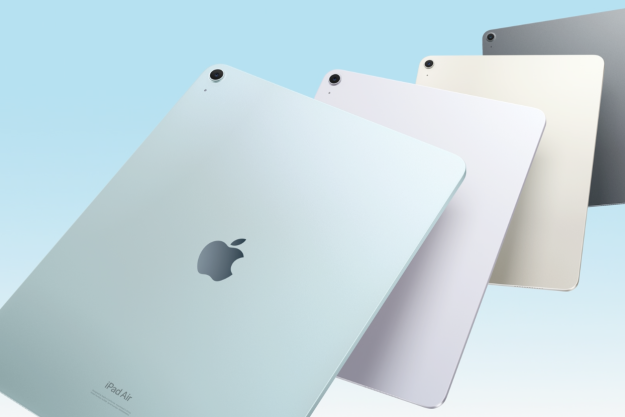
Fresh off a clobbering by Apple and Microsoft in the highly-publicized auction for 6,000 Nortel patents that largely dealt with wireless tech, Google has snatched up 1,030 IBM patents dealing with a whole host of technologies spanning Google’s current interests. The purchase is seen as yet another tech company trying to build up its patent war chest to protect against the storms of intellectual property lawsuits sailing through the industry.
Internet marketing research blog SEO by the Sea dove into the patents won by Google, finding that they covered everything “from the fabrication and architecture of memory and microprocessing chips, to other areas of computer architecture including servers and routers as well. A number of the patents also cover relational databases, object oriented programming, and a wide array of business processes.” It’s unclear how much help Google will find in protecting Android from the current spate of lawsuits its receiving, but with HTC using its supply chain to engineer solutions around lawsuits over Android devices, it’s possible Google wanted IBM architecture patents to protect Android’s hardware needs. But with the bulk of Google’s business still coming from search and data, it’s most likely the company wanted to protect its vital data centers and servers.
The bigger issue at hand involves the sheer number of lawsuits shooting back and forth within the tech industry right now. The Nortel auction, in which Google (perhaps for its own amusement) bid only in mathematical constants ending with a $3.14 (pi) billion bid, highlights the amount of spending tech companies are currently doing just to be able to use their current technology, rather than spending that money on developing new tech.
General Counsel for Google Kent Walker explained the company’s position in an April post
announcing the Nortel bid:
The tech world has recently seen an explosion in patent litigation, often involving low-quality software patents, which threatens to stifle innovation. Some of these lawsuits have been filed by people or companies that have never actually created anything; others are motivated by a desire to block competing products or profit from the success of a rival’s new technology. The patent system should reward those who create the most useful innovations for society, not those who stake bogus claims or file dubious lawsuits. It’s for these reasons that Google has long argued in favor of real patent reform, which we believe will benefit users and the U.S. economy as a whole.
Whether its right or wrong is not ours to judge, but it does seem that patents are increasingly being used by tech companies like cards in a Magic: The Gathering game rather than to protect their own innovation. Change may or may not happen, but until then snatching up patent portfolios looks to be an increasingly powerful tactic in preventing competitors from competing.


